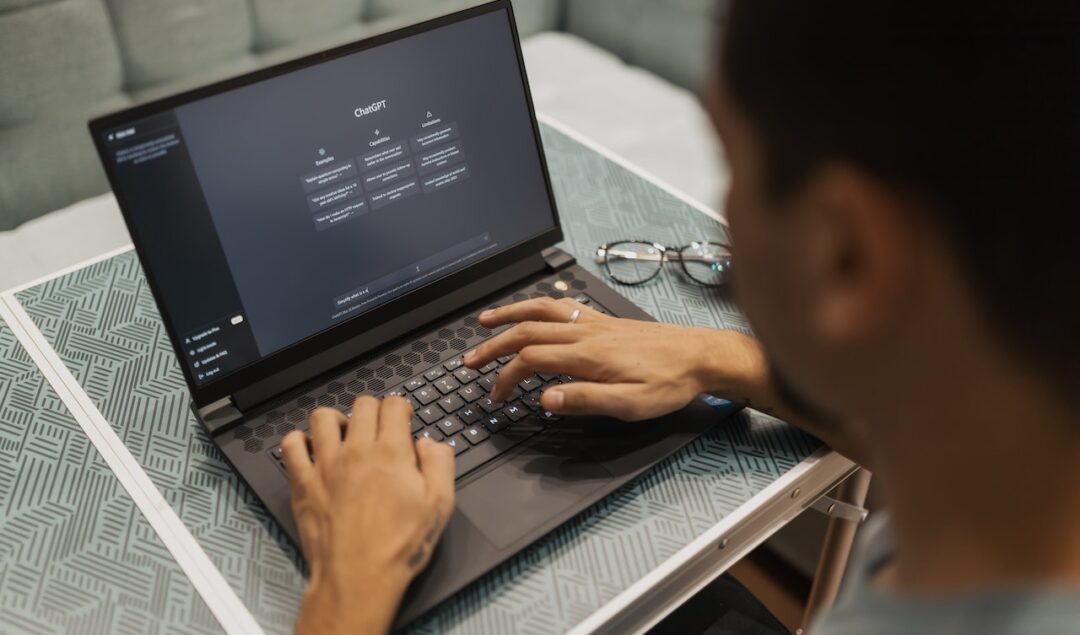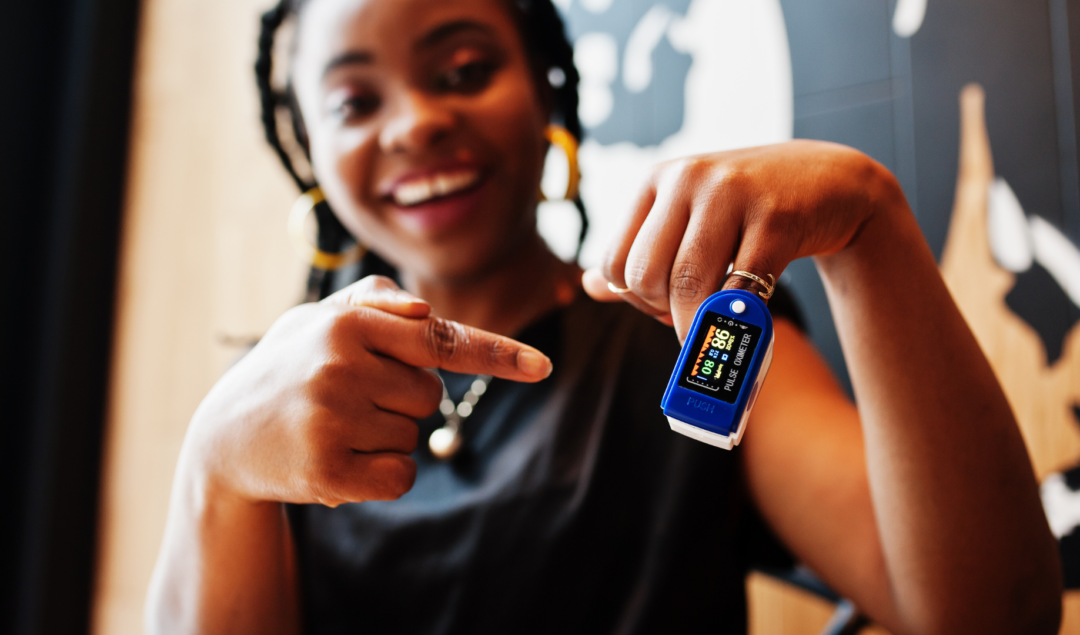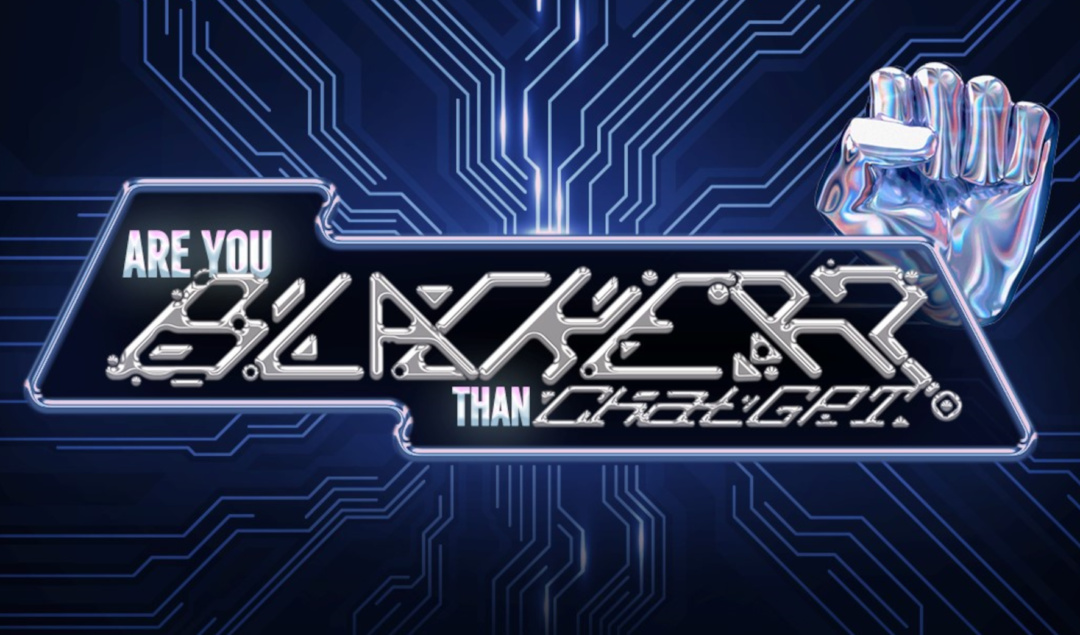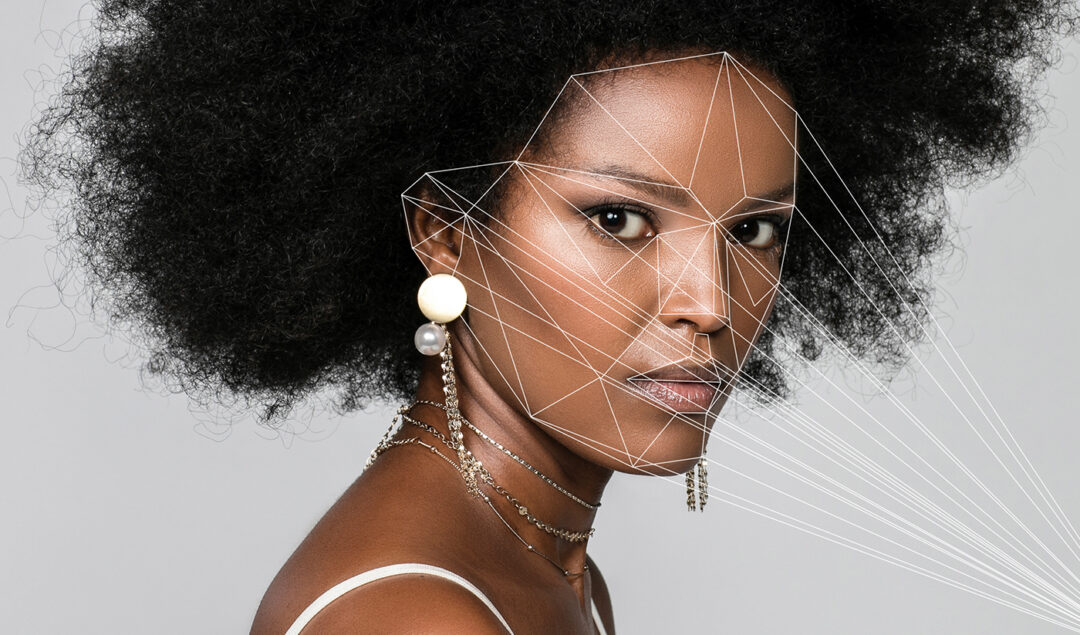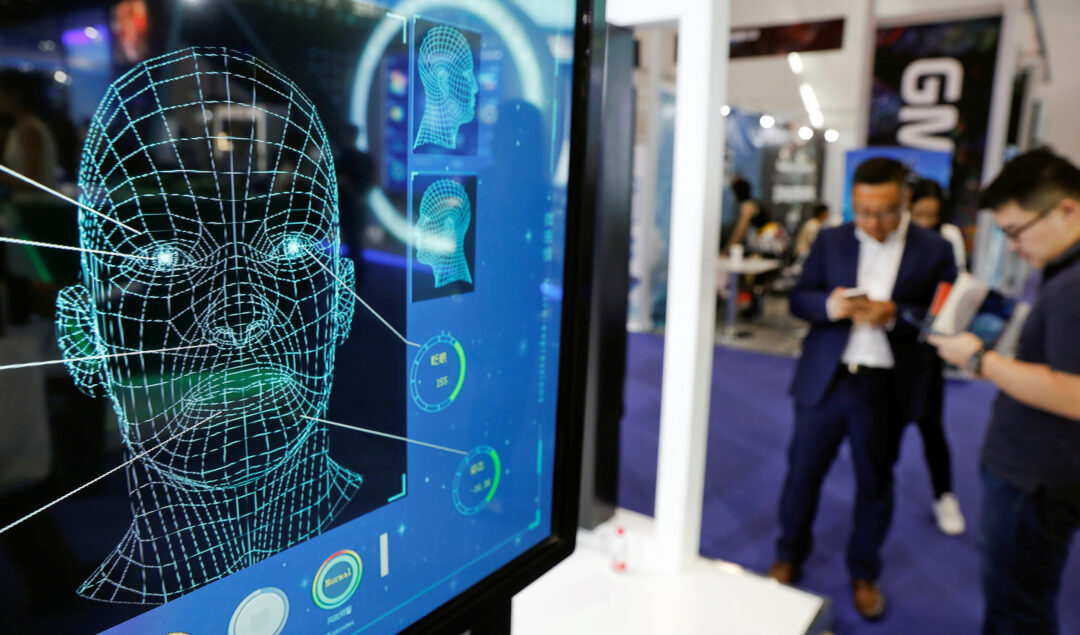The type of advice AI chatbots give people varies based on whether they have Black-sounding names, researchers at Stanford Law School have found. The researchers discovered that chatbots like OpenAI’s ChatGPT and Google AI’s PaLM-2 showed biases based on race and gender when giving advice in a range of scenarios. Chatbots: Biased Advisors? The study “What’s in a Name?” revealed that AI chatbots give less favorable advice to people with names that are typically associated with Black people or women compared to their counterparts. This bias spans across various scenarios such as job
Recent research has raised alarming concerns about covert racism in AI language models. Experts from the Allen Institute for AI, the University of Oxford, Stanford University, LMU Munich, and the University of Chicago conducted the study. It revealed that these models, including GPT4, manifest bias against African American Vernacular English (AAE) speakers. This troubling revelation brings to light how AI can perpetuate racial stereotypes, leading to unfair and discriminatory outcomes. What Did The Study Find? The study, co-authored by Valentin Hofmann, Pratyusha Ria Kalluri, Dan Jurafsky, and Sharese King, found
Recent findings from a comprehensive review have highlighted biases in commonly used medical devices and technologies that can harm people of color. These include optical medical devices like pulse oximeters, AI-assisted devices, and polygenic risk scores (PRS) in genomics. Biases In Medical Devices The review was initiated by the UK’s former Secretary of State for Health and Social Care, Sajid Javid, and conducted by a panel of experts. “Making sure the healthcare system works for everyone, regardless of ethnicity, is paramount to our values as a nation,” Junior Health Minister Andrew Stephenson told The Guardian. “It supports our
A recent development in the tech industry is the quiz game “Are You Blacker than ChatGPT?” created by creative ad agency McKinney. Are You Blacker Than ChatGPT? This interactive game challenges players to test their knowledge of Black culture against ChatGPT, OpenAI’s language model. The game’s inception traces back to a creative brainstorm at McKinney, led by copywriter Meghan Woods and a Black-led team. It took a year to develop, with the underlying goal of pointing out ChatGPT’s limitations in grasping the nuances of Black culture. The deficiency stems from
Implementing artificial intelligence (AI) in the workplace could widen the racial wealth gap between Black and white households in the US by $43 billion, research has suggested. McKinsey & Co. stated that generative AI (gen AI) has initiated a seismic shift in work and value creation. When this happens, and a new technology appears, it can create or exacerbate divides, including the racial wealth gap. They explored how many gen AI may affect Black communities and Black workers. A Divide In Black And White Households The research found that new
The University of Washington’s recent study on Stable Diffusion, a popular AI image generator, reveals concerning biases in its algorithm. The research, led by doctoral student Sourojit Ghosh and assistant professor Aylin Caliskan, was presented at the 2023 Conference on Empirical Methods in Natural Language Processing and published on the pre-print server arXiv. The Three Key Issues The report picked up on three key issues and concerns surrounding Stable Diffusion, including gender and racial stereotypes, geographic stereotyping, and the sexualization of women of color. Gender and Racial Stereotypes The AI
Banks are now considering using AI for their annual review processes, according to Workday Inc., which may cause issues for Black and minority workers. Workday Inc. has rolled out new products that rely on AI to write job descriptions or aid managers in writing up annual reviews of workers’ performance. Co-Chief Executive Officer of Workday Carl Eschenbach told Bloomberg that banks have expressed interest in those products. Less Time And More Productivity It’s all part of their efforts to streamline operations and cut costs, he said, announcing the offering will
A woman with South Asian heritage claimed she couldn’t make bookings through Airbnb due to AI being unable to match two images of her, increasing the concerns surrounding AI biases. Francesca Dias from Sydney couldn’t make an account with Airbnb because she failed its AI’s identity verification process, she told a panel on ABC’s Q+A. One of the ways Airbnb confirms the identity of users is by matching a photo from the user’s government ID – a passport or driver’s license – to a selfie the customer provides. Dias claimed
President Joe Biden has signed the first-ever AI Executive Order (EO), establishing new standards for AI safety and security. The EO aims to protect Americans’ privacy, advance equity and civil rights, and stand up for consumers and workers while promoting the US’ position as a leader in AI. This includes making it easier for AI experts and highly skilled professionals from other countries to migrate to the US. Streamlining Immigration for AI experts Included in the EO is a set of directives designed to boost the ability of immigrants with
The concerns about AI and biases have been a topic of conversation for some time. Black artists are among the creators finding an issue with the inaccurate results produced by AI image generators. The Concerns with AI Bias and Artists Senegalese artist Linda Dounia Rebeiz explored whether AI can see people of color in her new exhibition “In/Visible” for Feral File, an NFT marketplace. Featuring ten artists with the same goal; to shed light on the biases of AI and representing people of color. “The biases of AI, the biases

